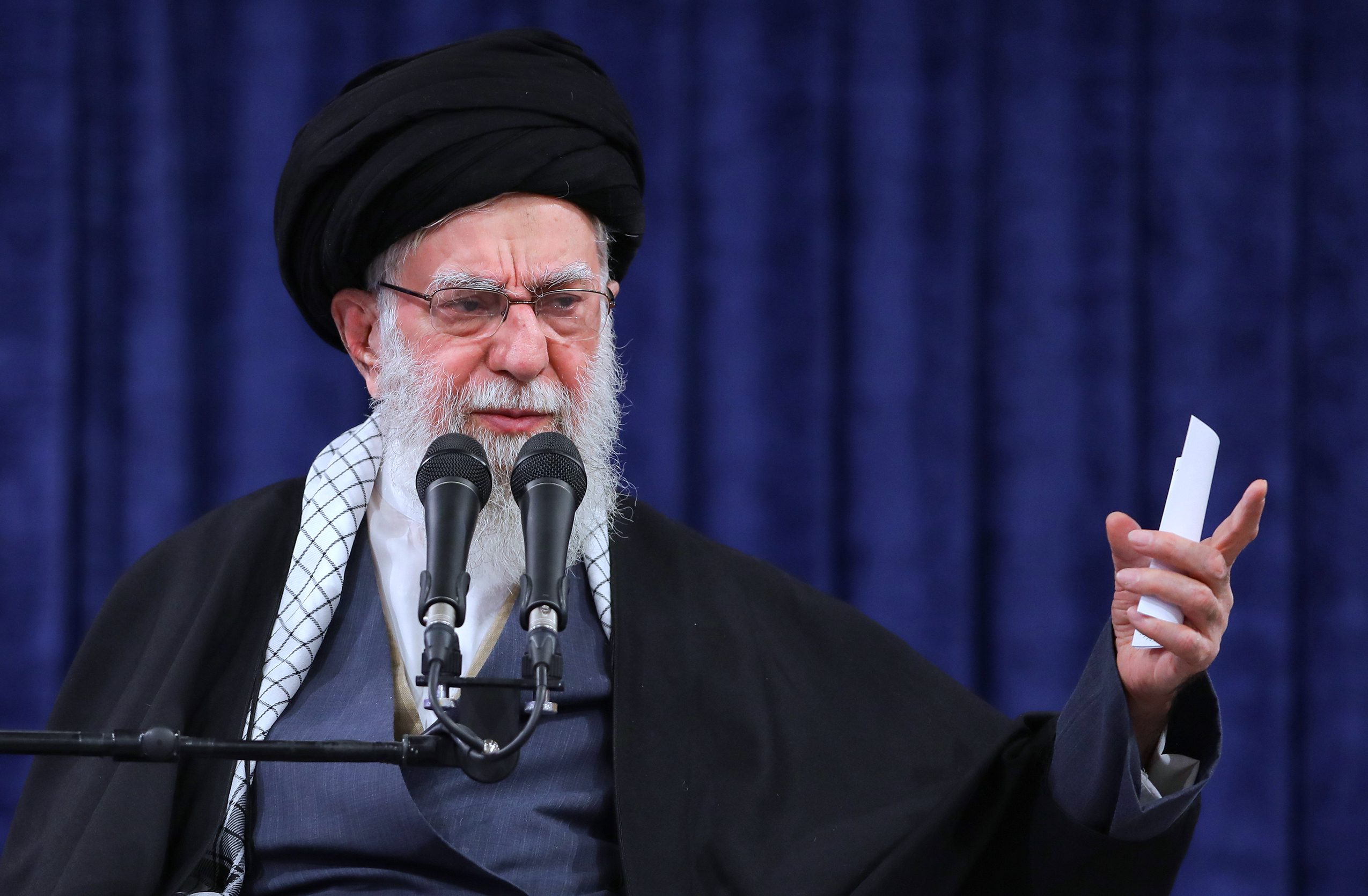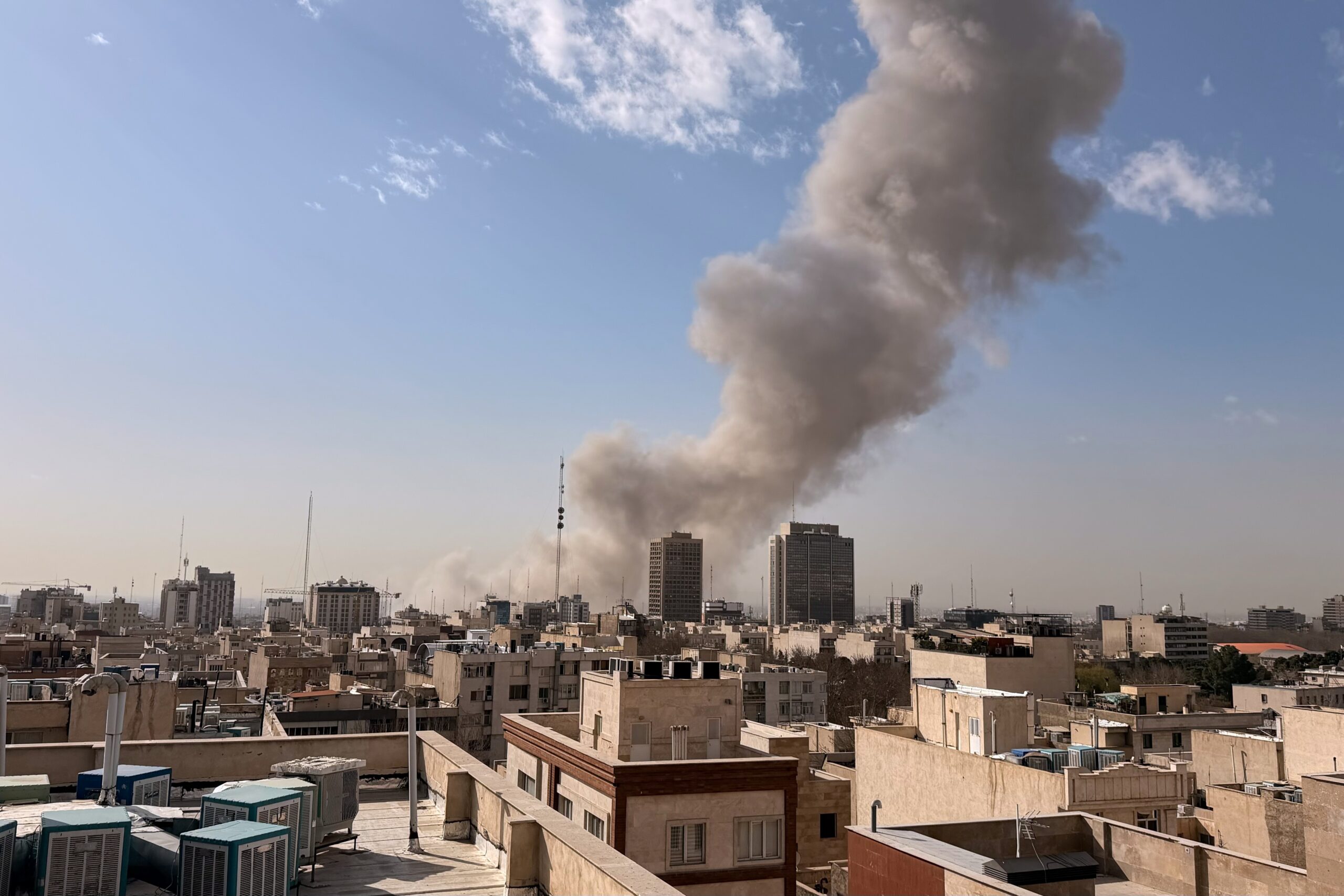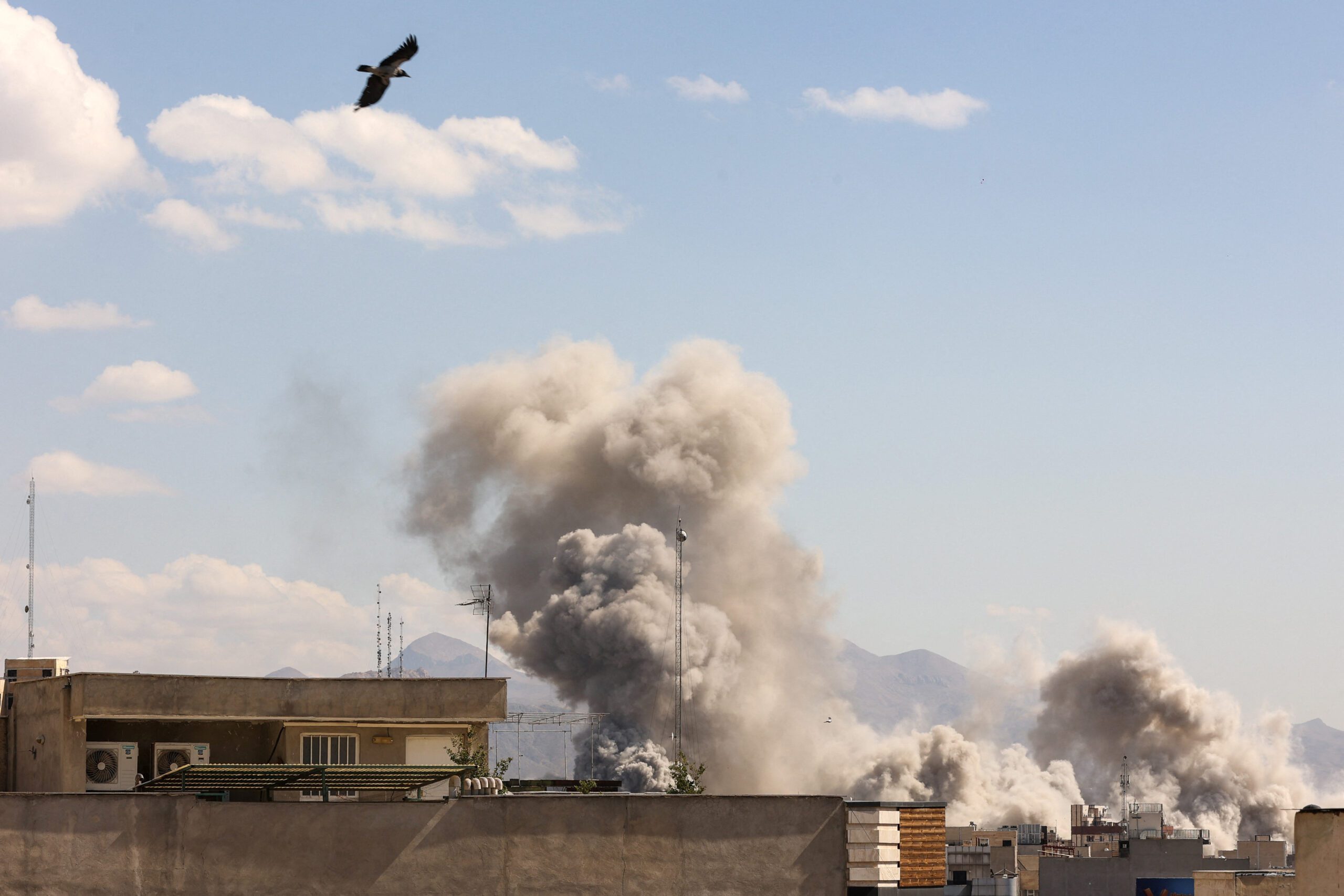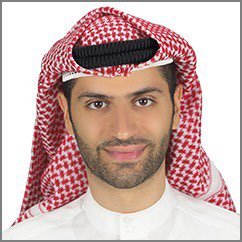Apr 22, 2025
Foreign Minister Araghchi on Negotiations With the United States: “Momentum Is Building”
The April 22 edition of the Iran Media Review examines remarks made by top Iranian negotiators about the second round of U.S.-Iran talks.
“Momentum is building,” Foreign Minister Abbas Araghchi said in his first public comments after the end of the second round of U.S.-Iran negotiations April 19 in Rome. Araghchi asserted that U.S. interlocutors refrained from introducing extraneous, nonnuclear issues during the most recent round of negotiations. He also confirmed technical-level discussions would resume in Muscat April 23 and that he would reconvene with U.S. Special Envoy to the Middle East Steven Witkoff April 26. Kazem Gharibabadi, deputy foreign minister and nuclear negotiator, also appeared optimistic in his briefing of the parliamentary National Security and Foreign Policy Committee. These developments indicate a shift in the U.S. negotiation position: On April 15, Witkoff posted on X, formerly known as Twitter: “Iran must stop and eliminate its nuclear enrichment.” That Iran and the United States are moving to technical-level negotiations means the U.S. delegation did not raise this particular demand at the negotiation table, opening the path for a potential agreement between Washington and Tehran.
- April 19: Foreign Minister Abbas Araghchi, in a video released by Islamic Revolutionary Guard Corps-affiliated Mashregh News, said:
- “Today, we engaged in approximately four hours of deliberations. Similar to the previous session, this round was productive. I can report tangible progress. This time, we achieved greater convergence regarding core principles and strategic objectives. Consequently, it was agreed to transition into the next phase, initiating technical-level negotiations. Starting Wednesday, April 23, expert-level discussions will commence in Oman … Subsequently, on Saturday, April 26, we will reconvene in Oman to review the outcomes of the expert consultations and evaluate the extent of alignment with our negotiating principles. I would characterize the environment as constructive, and I am cautiously optimistic. Momentum is building.”
- April 19: In a video, Araghchi answered questions from IRGC-affiliated Tasnim News:
- The reporter asked: “One path to an agreement would be for the United States to confine discussions strictly to nuclear-related matters and refrain from raising peripheral concerns. During this round, did the American delegation adhere to this approach?”
- Araghchi answered: “You see, our position has always been that the negotiations are exclusively nuclear in scope. We remain committed to this framework. From our perspective, the agenda is strictly limited to confidence-building measures surrounding Iran’s peaceful nuclear program in exchange for the lifting of sanctions.”
- The reporter asked: “To what extent did the U.S. side observe this limitation?”
- Araghchi responded: “Thus far, they have complied with this framework.”
- April 19: Omani Foreign Minister Badr bin Hamad Al Busaidi posted on X:
- “These talks are gaining momentum, and now even the unlikely is possible.”
- April 20: Ebrahim Rezaei, a spokesperson for the Iranian Parliament’s National Security and Foreign Policy Committee, announced, as reported by reformist Entekhab News Agency, that the deputy foreign minister and lead nuclear negotiator, Kazem Gharibabadi, had briefed the committee regarding the latest developments in nuclear diplomacy:
- According to Rezaei, Gharibabadi said: “The Islamic Republic of Iran remains resolutely committed to advancing the nuclear negotiations and will not tolerate any unwarranted delays in the diplomatic process. The other negotiating party must likewise demonstrate genuine commitment and refrain from allowing extraneous pressures – particularly those exerted by the Zionist regime, which seeks to derail the talks – to influence its stance.”
- Gharibabadi further stated that during the recent negotiations in Rome, the interlocutors engaged in discussions not only on “the overarching framework” but also delved into specific technical dimensions. These exchanges, he emphasized, “led to a degree of mutual understanding.”
- He stressed that Iran’s proposals are “grounded in the strategic directives of the country’s highest decision-making institutions.” One of the principal objectives of the Iranian negotiating position, he asserted, is the “comprehensive and substantive removal of sanctions.” Gharibabadi underscored that such relief “must produce tangible economic benefits for the Iranian populace rather than being merely symbolic or superficial.”
- Gharibabadi also reported that Iran reaffirmed its nonnegotiable position on the right to uranium enrichment, framing it as a fundamental national redline. Gharibabadi reiterated that “Iran is not pursuing nuclear weapons. The country’s nuclear program is entirely aligned with peaceful purposes.”
- He added that technical-level indirect discussions are scheduled to resume on April 23, as both sides work to consolidate the general principles that will underpin the next phase of negotiations.
- Rezaei concluded the interview by noting that Gharibabadi is calling for the “complete and verifiable termination of sanctions,” including those imposed by the U.S. Congress and through presidential executive orders.
The views represented herein are the author's or speaker's own and do not necessarily reflect the views of AGSI, its staff, or its board of directors.


















